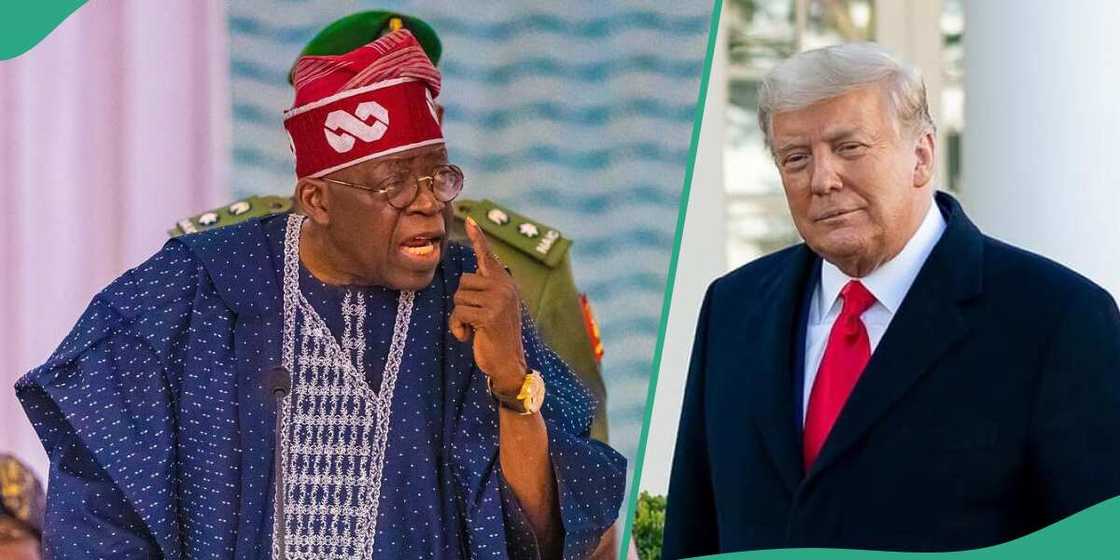There are no products in your shopping cart.
| 0 Items | £0.00 |


WORLD Bank officials have projected that the Nigerian economy will grow by 3.6% during the course of 2025 despite an expected global slowdown as a result of trade tensions and higher tariffs precipitated by the actions of US President Donald Trump.
Earlier this week, the World Bank released its bi-annual Global Economic Prospects report, where it slashed its forecasts for nearly 70% of all economies, including the US, China and Europe. It also cut its projections for six emerging market regions from the levels it projected just six months ago, before President Trump took office.
In addition, the World Bank also slashed its global growth forecast for 2025 by 0.4 percentage points to 2.3%, saying that higher tariffs and heightened uncertainty posed a significant headwind for nearly all economies. It warned that global growth could be weaker than projected if global trade tensions were to escalate further.
Earlier in the year, the World Bank projected that Nigeria’s economy would grow by 3.6% in 2025, building on an estimated expansion of 3.4% in 2024, as key macroeconomic reforms begin to stabilise the business environment. In its latest report, the bank maintained this, stating that growth in Nigeria is forecast to strengthen to 3.6% in 2025 and to an average of 3.8% in 2026/27.
Also, following monetary policy tightening in 2024 to address rapid currency depreciation, the World Bank projects that inflation will decline gradually. Its report added that domestic reforms have helped spur investment, supporting growth in the services sector, especially in financial services and information and communication technology.
According to the World Bank, services activity will continue to be the main driver of growth, while the industrial sector will remain constrained by subdued crude oil production as last year’s slight rebound wanes. It affirmed that the global risks of the trade wars will be limited in Nigeria and the rest of sub-Saharan Africa.
The direct effects of the increased US trade barriers on sub-Saharan African economies are expected to be contained, as the region exports relatively few manufacturing goods to the US. However, should trade fragmentation increase further or lead to a sharper slowdown in global growth, the adverse effects on sub-Saharan African economies could be considerable due to their dependence on commodity trade.
A World Bank spokesman said: “Indeed, a worse-than-expected economic slowdown in China would adversely affect the demand for minerals and metals. Lower prices for these commodities, which are the main exports of several sub-Saharan African countries, would have particularly negative effects through diminished economic activity and even tighter fiscal space.”
On the other hand, should global trade tensions subside, the growth outlook for sub-Saharan Africa would benefit from improved global economic activity, lower export tariffs, higher demand for commodities, reduced uncertainty and stronger global investors’ risk appetite. However, the World Bank raised concerns about the vulnerability to violence and its impact on economic activities.
Meanwhile, the World Bank also stated that the per capita income in Nigeria and sub-Saharan Africa is projected to expand by an average of 1.6% a year in 2025-27, with growth in 2025 revised down by 0.4 percentage points. While the population growth can be viewed from a positive standpoint, the bank said the absence of policies to reinvigorate growth and address longstanding structural bottlenecks will mean that economies in sub-Saharan Africa will not be able to generate the jobs required for their expanding working-age population.